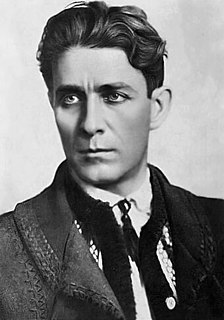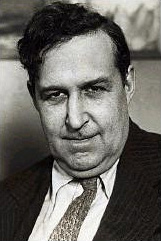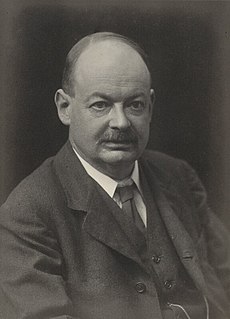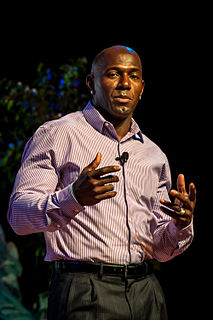A Quote by Corneliu Zelea Codreanu
Legionary life is beautiful, not because of riches, partying or the acquisition of luxury, but because of the noble comradeship which binds all Legionaries in a sacred brotherhood of struggle.
Related Quotes
In a culture where the possibility of wealth and the acquisition of things is so defining of success, we end up pursuing things that, even if we are successful, can never deliver what we envisioned they would. The reason riches become such a snare is because we end up evaluating life in mercenary terms and being seen by others in such terms, and life is just not so.
Riches are oft by guilt and baseness earn'd;
Or dealt by chance to shield a lucky knave,
Or throw a cruel sunshine on a fool.
But for one end, one much-neglected use,
Are riches worth your care; (for nature's wants
Are few, and without opulence supplied;)
This noble end is, to produce the soul;
To show the virtues in their fairest light;
To make humanity the minister
Of bounteous Providence; and teach the breast
The generous luxury the gods enjoy.
As regards the celebrated struggle for life, it seems to me for the present to have been rather asserted than proved. It does occur, but as the exception; the general aspect of life is not hunger and distress, but rather wealth, luxury, even absurd prodigality -- where there is a struggle it is a struggle for power.
I refuse to turn to theology to justify the life or redeem it. There is a question always of the connection to the eternal. I say to myself above all, keep alive your conviction that there are sacred elements in the life in the practice of the life that must be respected. But the conviction in the existence of the sacred does not necessarily imply that you need to believe in a creator, because we are the ones that made the sacred.
So as a nation, we have a right to be very proud of the successes that we have seen because of the struggle of millions of people to create a less discriminatory society. That is something we should be proud of, but there is one struggle in which not only have we not succeeded but in which we are losing ground and that is the fundamental struggle for economic justice.
The scientist does not study nature because it is useful to do so. He studies it because he takes pleasure in it, and he takes pleasure in it because it is beautiful. If nature were not beautiful it would not be worth knowing, and life would not be worth living. I am not speaking, of course, of the beauty which strikes the senses, of the beauty of qualities and appearances. I am far from despising this, but it has nothing to do with science. What I mean is that more intimate beauty which comes from the harmonious order of its parts, and which a pure intelligence can grasp.

































